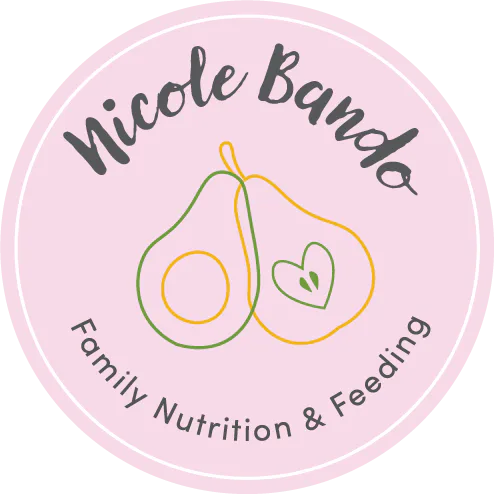
Eczema is a disorder of the immune system caused by an abnormal skin barrier, dryness and inflammation.
30% of people with atopic dermatitis (eczema) also have an allergy. A food allergy may trigger eczema, but it is not the cause of the eczema. Some foods such as dairy may exacerbate eczema.
Eczema can be normally well managed by maintaining, protecting and treating the skin by:–
- Applying moisturiser (at least twice/day)–
- Use non-soap based wash or oil in the bath or shower–
- Avoiding soap and washes that produce bubbles or foam (as these may cause the skin to dry out)–
- Using anti-inflammatory creams and ointments, such as topical steroids–
- Treating bacterial skin infections with antibiotics–
- Use immune modulating treatments if prescribed by your doctor or dermatologist.
Food exclusion diets are only recommended to be tried in children with eczema when the above treatments don’t work. Food exclusion diets should be guided by a clinical immunologist or allergy specialist and dietitian. Only short term food exclusion is needed to determine if the food allergy is causing the eczema.
Dairy is often a common trigger for eczema, even if they are not allergic to dairy but to something else. Research has shown that more often than not food exclusion diets can be short-term. This is because eczema is an immune response, and in children, their immune system is not fully developed. It is predicted that as a child’s immune system develops, they are likely less sensitive to dairy causing eczema and can slowly introduce these foods back into their diet. It is important that this is done under close guidance of a paediatric dietitian.
References
- Eczema and food allergy. Fast facts. ASCIA. 2020. Available at: https://www.allergy.org.au/patients/fast-facts/eczema-and-food-allergy
- National eczema association. Everything you need to know about eczema and food allergies. 2018. Available at: https://nationaleczema.org/blog/eczema-food-allergies/
- Nikolovski A, Rallis S (2020) The Impact of Dairy Elimination on Pediatric Atopic Dermatitis. J Nutri Med Diet Care 6:044. doi.org/10.23937/2572-3278.1510044

